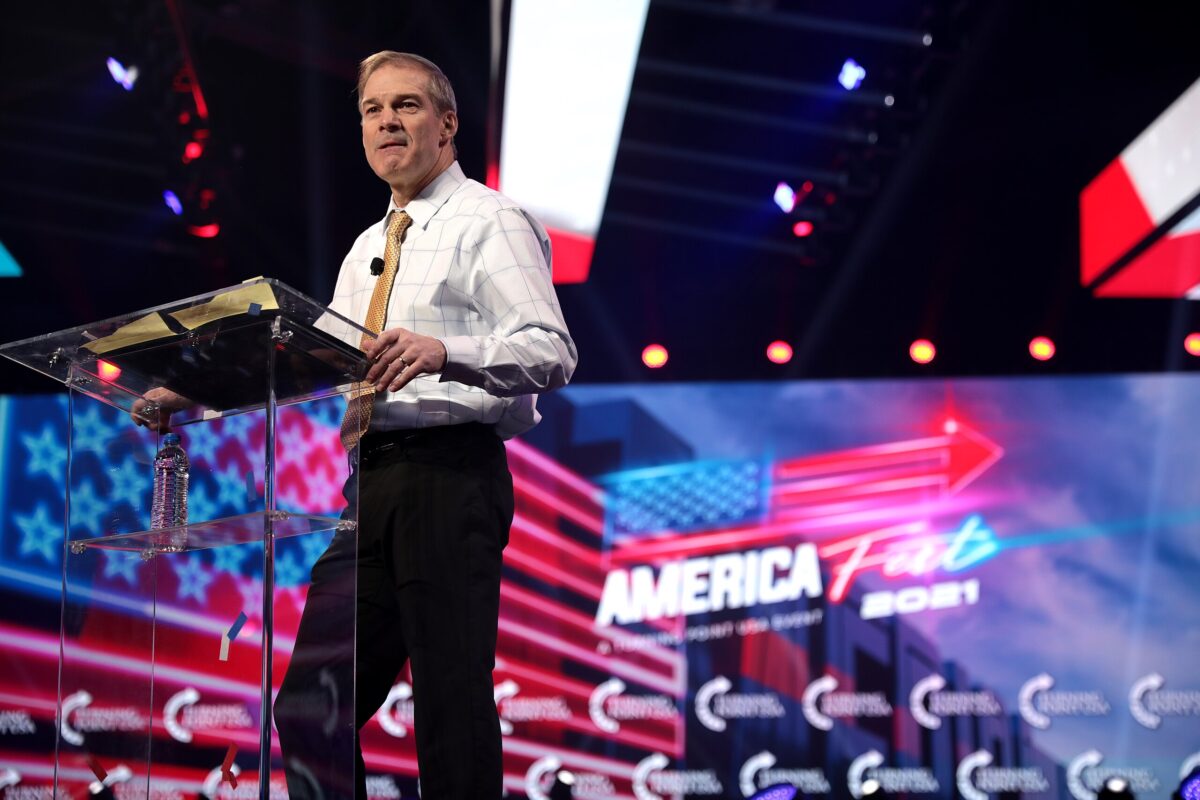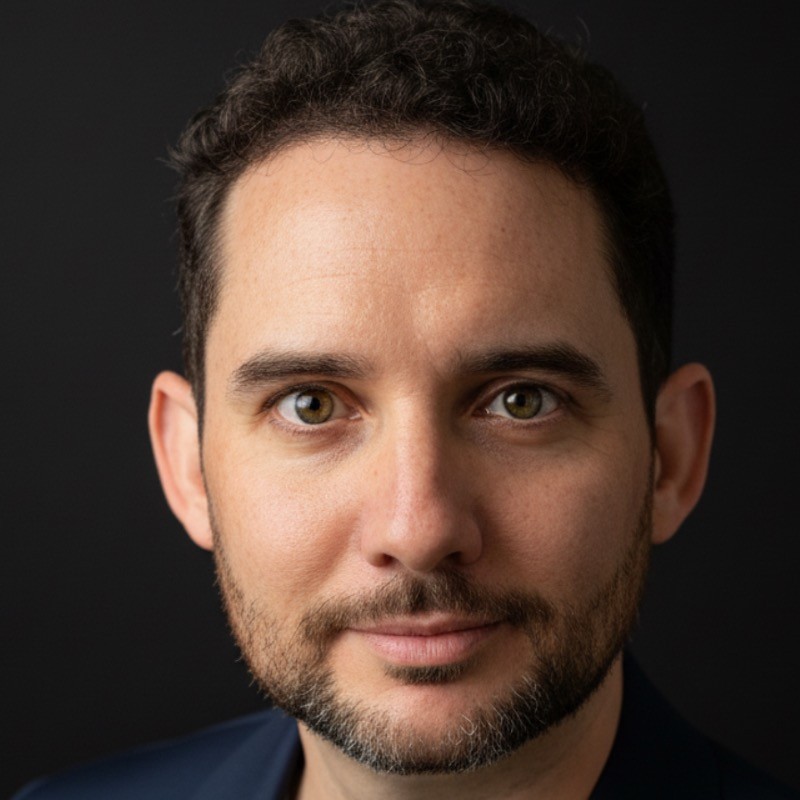

We're mere weeks away from the Albanese government's social media ban for teens heading into effect. The US Congress has gotten word that its companies are about to face a tricky legal snag in a foreign country, and as such, a staunch Trump ally has summoned our e-Safety Commissioner to testify, saying that the law could threaten free speech. The real question, however, is are we headed for retaliatory tariffs?
In a letter dated November 18 and emailed to e-Safety Commissioner, Julie Inman Grant by House Judiciary Committee Chair, Congressman Jim Jordan, the Congress is calling for senior testimony on the proposed social media ban. Set to kick in from December 10, the social media 'ban' as it's being dubbed, makes it illegal for children and teens under a certain age to access popular social media platforms. The aim, according to the Australian government and eSafety Commissioner Inman-Grant, is to protect young people from online harms such as bullying, exploitation, and exposure to harmful content.
The ban would require platforms like TikTok, Instagram, Snapchat, and X to implement strict age verification measures for all Australian users. It would also give the eSafety Commissioner significant powers to investigate and enforce compliance backed by the threat of large fines for companies that fail to remove prohibited content or prevent access by underage users.
According to the US House Judiciary Committee, however, the law is a little too broad for their liking. Congressman Jordan specifically singles the Australian Online Safety Act (OSA) and the Commissioner’s approach to enforcing it as central to his concern, arguing that its “expansive interpretation” could “directly threaten American speech” if the law is enforced beyond Australia’s borders. After all, these laws we're proposing directly impact companies that are moored well-and-truly in the US.
His concern over "free speech" isn't entirely unfounded, either. Julie Inman Grant's e-safety office and the Australian government has previously pushed for platforms to remove objectionable content worldwide (not just for Australian users), and the OSA grants the Commissioner power to issue takedown notices that could affect American companies, users, and the principle of free speech beyond Australian borders.
The letter cites concerns over “extraterritorial jurisdiction” and accuses Inman Grant of being a “zealot for global takedowns,” warning that Australia’s approach may be influencing or encouraging other governments, including Brazil and the European Union, to escalate their own online censorship regimes. The Committee sees this as part of a global shift toward regulatory overreach by foreign governments, with direct consequences for Americans’ constitutional rights.
The e-Safety Commissioner has already been in a tussle with Elon Musk's Twitter (I will never call it X, Elon), over demands to censor tweets relating to violent videos showing an attack in a Sydney church earlier in the year. Inman-Grant's office said it wouldn't fight the case until - you guessed it - the new laws came in on December 10.
The real question for market-watchers is whether or not this new law would trigger a tariff-based response from Trump's office.
In recent months Donald Trump has made clear he is prepared to use tariffs not just as economic tools, but as instruments of geopolitical and ideological leverage. For example, in August 2025 he said he would take strong retaliatory measures (including tariffs and export restrictions) against countries that impose digital taxes or regulations he believes discriminate against US tech companies. He also warned that the US would adopt “reciprocal” tariffs on imports from any country that “targets our products” and fails to treat American trade fairly.
So yes: the idea that the US might threaten tariffs against Australia in response to the proposed legislation by Julie Inman‑Grant and her office is not just a flight of fancy. If the our law is viewed through Washington’s lens as a “regulation that limits American advancement” (especially of US tech companies) or undermines free speech, then it could trigger some form of pressure, and tariff threats are part of that toolkit.
The risk of new tariffs is ratcheted even higher when you consider that PM Albanese basically stepped out of his Oval Office meeting with Trump and started once again campaigning for US tech companies like Google and Meta to pay their fair share for Australian news run on their platforms.
A wider conspiracy
The letter does go a little off the rails when Congressman Jordan starts accusing our e-Safety Commissioner of colluding with foreign governments to limit speech in America, however.
Jordan accuses Inman Grant of “colluding with pro-censorship entities in the United States,” referencing a non-public Stanford University roundtable in September 2025 that brought together foreign officials—including those from the EU and Brazil—who have “directly targeted American speech.” He claims that the event’s purpose was to facilitate cooperation between global censorship regimes, raising alarms about potential threats to the First Amendment in the U.S.
Further, Jordan draws attention to the eSafety Commissioner’s recent announcement of an academic advisory group led by Stanford University to evaluate Australia’s new minimum age requirements for social media. The letter describes the university’s involvement as “troubling,” given its past efforts to “launder government censorship requests to social media platforms” in the lead-up to the 2020 U.S. presidential election—a charge that echoes Republican concerns about alleged bias and censorship by tech companies and their partners.
Congressman Jordan is a close confidante of President Trump, so we shouldn't be too surprised to see a little score-settling in this one I guess. And Jordan has form in this Congress, too. He's already taken shots at the EU's Digital Services Act, Brazil's censorship laws and pretty much any nation looking to propose a tax on digital services.
Either way, our e-Safety Commissioner is being urged